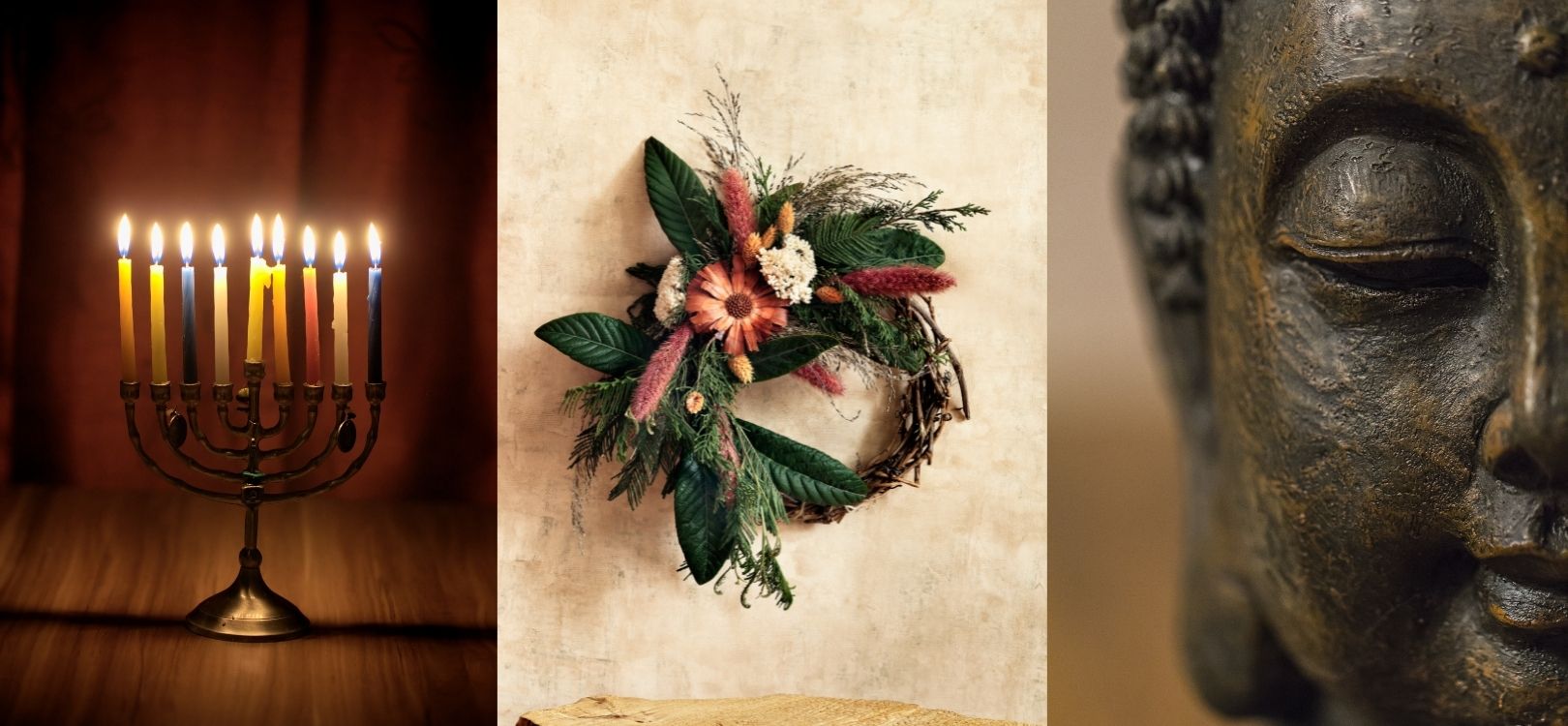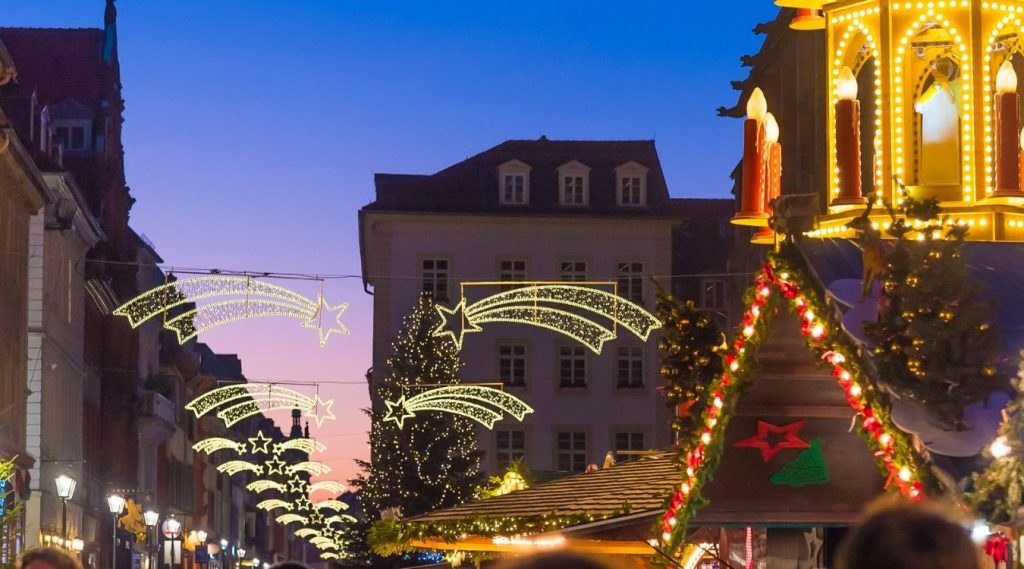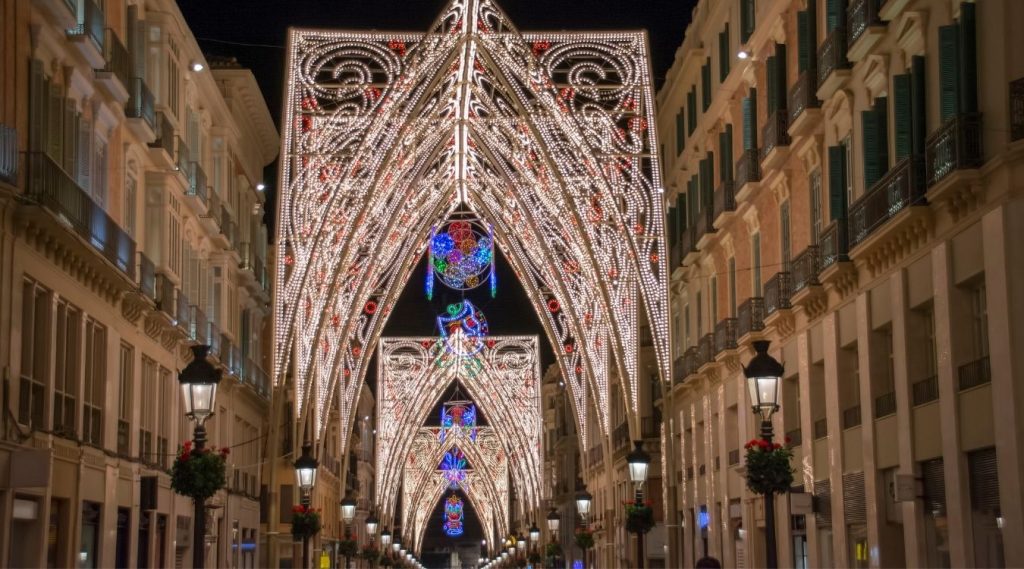
Providing inclusive holiday celebrations and being culturally conscious is important to our team at Cultural Infusion. Our in-house Anthropologist Kevin Porter discusses the value of sharing culture and creating inclusion this festive season.
The holiday season is upon us once again and as the year draws to a close, businesses wind down operations and employees get ready for a long-awaited rest. Many Christians and people from a Christian cultural heritage aim to spend the time with friends and family, to share gifts, celebrate, give thanks and maybe even travel (if borders aren’t locked).
Christians are not the only cultural group celebrating in December. Jewish Hanukkah takes place sometime in November or December, depending on the lunar cycle, and there are Hindi and Buddhist sacred days during the month.
Creating an inclusive holiday season is about communicating with others, so when you look around your office or place of work, give a thought to how your colleagues might celebrate their holiday season, especially those from overseas.
- Don’t be afraid to ask questions about how they celebrate holidays in their country of origin.
- Ask them what the important holidays are in their country or culture.
- Ask about the foods and traditions that form a part of those celebrations.
- Explain your holidays to them and maybe invite them to take part in your inclusive holiday celebrations.
- Make them feel like they belong.
Over the years, I have been fortunate to travel the world and meet some amazing people who have invited me to partake in their cultural and religious festivals.
I have enjoyed Hanukkah in Israel, celebrated the end of Ramadan, Eid al-Fitr as well as Eid al-Adha in Turkey, Morocco and Sinai and I’ve celebrated Christmas in the UK, Germany, Spain and Australia. Each time people have invited me into their homes with open arms, included me in their celebrations and helped me understand some of the ‘whats’ and the ‘whys’ of their culture and celebrations.
The cultural differences and nuances, even in countries where Christmas is celebrated, can be significant. We don’t all celebrate Christmas the same way so creating inclusive holiday parties is vital.
Here in Australia, like other nations in the southern hemisphere, Christmas falls during the summer, when people are on their summer break. This affects how the holiday is celebrated, often lunch is hosted outside, which is beneficial during times of Covid.
Many people spend the day on the beach, camping or by the pool. They play backyard cricket, cook food on the BBQ, eat ham and lots of fresh seafood. They partake in traditions such as carol singing, exchanging gifts on Christmas Day and the legend of Santa Claus, which is shared with other English-speaking cousins and stems from their predominantly Anglo-Celtic background.

In Germany, the Christmas festivities are very different from those celebrated in English speaking countries. The entire month of December is centred around Christmas traditions. It commences on the first of Advent which is the fourth Sunday before Christmas when the first of four candles on the wreath are lit.
Germans are also very fond of Christmas markets, where they buy trinkets, tree decorations and plenty of food. On 8 December, German children place their shoes and boots outside the front door or on the balcony for St Nicholas’ Day celebrations. While the children are sleeping the saint fills their shoes and boots with sweets and lollies or coal if they have misbehaved. Unlike their English speaking counterparts the Germans usually put up their Christmas trees and exchange gifts on Christmas Eve.

Spanish Christmas is different once again. While Spaniards have a large meal on Christmas Eve, usually consisting of multiple courses of meat, poultry and seafood dishes, depending on the region of Spain, they don’t exchange or receive their presents until 6 January which are brought by the Three Wise Men. And so the story continues. Throughout Europe every country celebrates Christmas in a different way. Some differences are small while others are substantial. But what is it that produces these differences?
Variances exist because traditions are invented and appropriated. When kingdoms and countries adopted Christianity during the first millennium the people didn’t forget their old customs and beliefs, but rather they incorporated the new religion and its customs into their already existing culture. In blending them they took on different forms.
Eventually many of the old customs and traditions were superseded or forgotten by the members of the groups, but not all. It is still common in many northern European traditions to bring green vegetation and plants into the home during the Christmas period, when everything outside appears dead.
People historically collected sprigs of holly, ivy and mistletoe along with wreaths made from conifers in the hope that the winter would subside and spring would return. Such ancient customs would later be adopted into the Christmas traditions of many northern European countries.
However, when all of the window dressing is removed and the cultural nuances are ignored, the essence of how the festive season is celebrated is the same. Cultural and religious festivals and traditions serve to create togetherness and can be used to build inclusive holiday celebrations.
The collective celebrations reinforce social bonds and identities. By sharing cultural practices, by listening to specific stories and narratives, preparing and sharing food and drink (eaten only during certain times of the year) or exchanging gifts, social and cultural bonds with others are strengthened and the group identity is reinforced.
Share this Post

